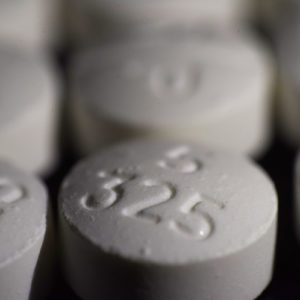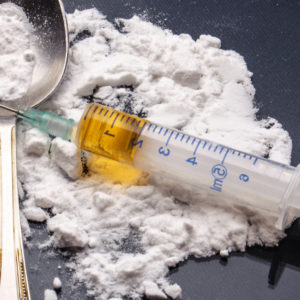
Op-ed: Follow the money of opioid trafficking
The president will now declare what many of us experience first hand: The opioid epidemic is a national emergency.
Frankly, with as many as 59,000 deaths in 2016, there doesn’t seem to be any other possible description.
So many dedicated people in cities and towns, faith communities and schools, families and hospitals are fighting to save lives and help people escape addiction.
But there are also a lot of people working to keep illegal opioids on the streets.
With 2.6 million opioid addicts in the United States, the scale of drug-running operations is immense, as are the profits. It’s not a mystery why the cartels build these operations; they do it for the money, and there is a lot of money to be had.


